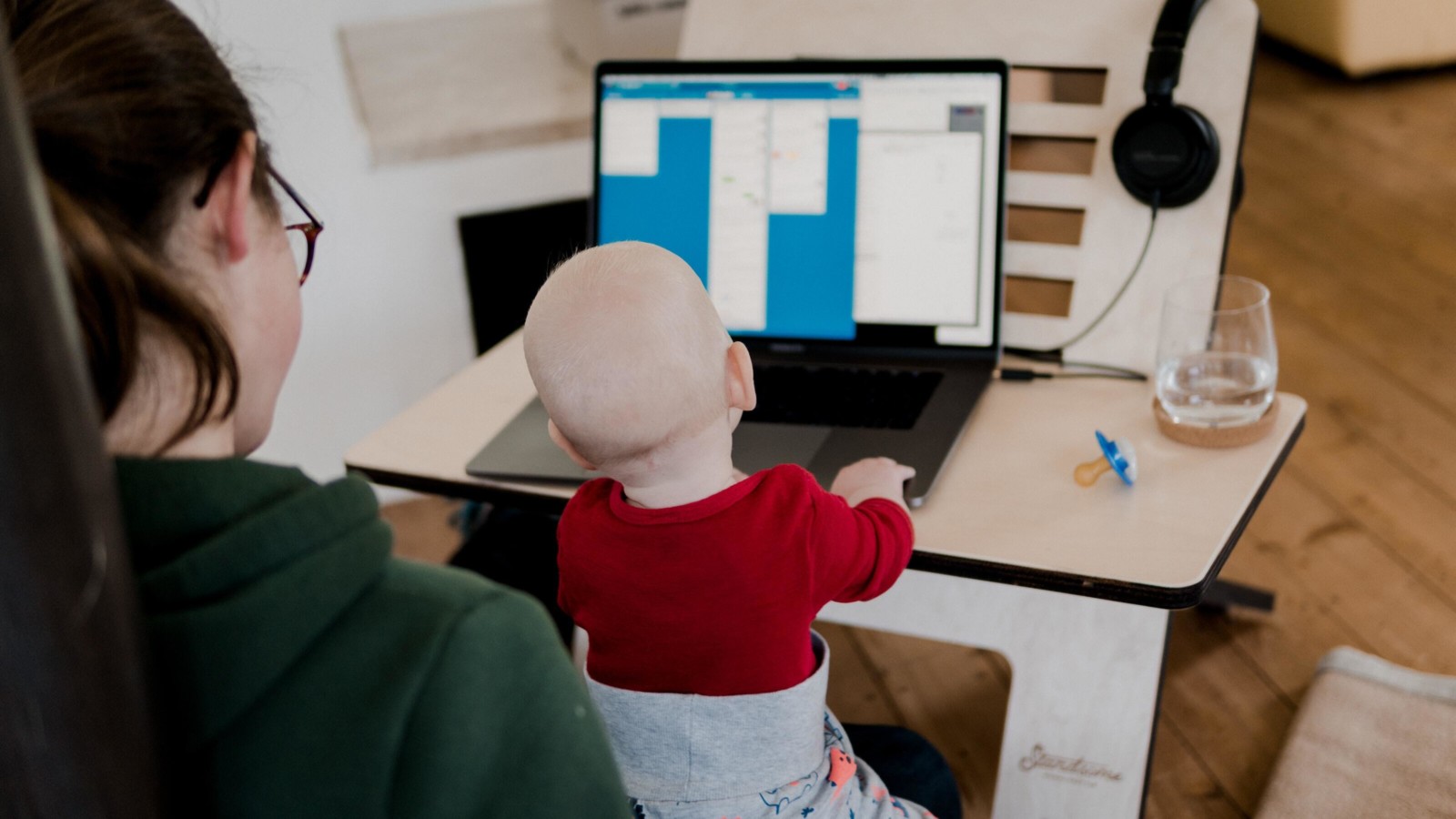My son was born in 2004, when I was 34. I was relatively new into my role leading consumer marketing on the senior management team of the Boston Globe, the largest subsidiary of the New York Times. I am pretty sure I was the first senior management team member to be pregnant.
I went back to work six weeks after an emergency C-section. My reasons for returning so quickly were complicated. First, I didn’t love being home full-time. I found spending time with an infant all day isolating. I missed adult conversations and the sense of accomplishment that work provides. Second, our mat leave policy consisted of short-term disability for six weeks. Then you could take accrued vacation. Anything else was unpaid. So it felt like that’s all you were really supposed to take.
But, when reading an article this week about mothers in the pandemic, one of the lines jumped out and put into words this complexity I definitely felt at the time:
“There has long been a refrain among working women in America that to get ahead, the “mom” part of their lives needed to be hidden from view — lest they be viewed as “uncommitted” to the work or somehow less fit for the job.”
That’s ultimately why I went back so soon and how I acted for the next few years. I was trying to pretend that this amazing little boy had not just completely changed my life. I would put the requisite adorable photo on my desk and tell a funny story here and there, just like the new dads did. But otherwise, I was the same ambitious, dedicated team member. Nothing else to see here.
It took an awful situation for me to realize that this was not only unhelpful to me, but a terrible example to set for other parents, particularly mothers. I was headed to New York City to meet with Arthur Sulzberger, the Publisher of the New York Times. We’d been matched together in a mentorship program the prior year and would meet somewhat regularly, time that I cherished immensely. A friend called and asked if I was sitting down. She relayed that her nanny had told her that our nanny had hit our son during a playdate. I was stunned, furious, felt tremendous guilt, and was now stuck on a train to New York.
Mr. Stevens and I worked out our response and he told me to go to my meeting. So I pulled myself together, walked into Arthur’s office and chatted normally for 30 minutes about work and various projects. Then he asked me how the family was. I suddenly burst into tears, for the first time ever at work. I was mortified, but he was supportive and empathetic. The most important words he said that day were a gentle reminder that this can happen even when you don’t work.
Something about talking with Arthur that day about family as much as work, and having it be both helpful and feel totally normal, was liberating. I began to open up more about the struggles we were having with our daughter’s adoption process. I started bringing my son into the office now and then. I would admit to sleepless nights and terrifying visits to the emergency room for food allergies. I even started blogging about the sustainability changes we were making in our life, an early precursor to founding WeSpire. And I got promoted again, which I am well aware is not always how this story turns out.
The struggles of working parents — and moms, in particular — have never been more in our faces. If anything positive can come from this pandemic, it could be both structural and attitudinal changes about parenting and work. Businesses now realize how much they depend on parents having access to quality care and schools. Legislation was just introduced in Massachusetts to create universal access to early childhood care, supported for the first time by a number of business groups.
We also all got to viscerally see the juggle— the planning, the coordinating, the multitasking, and the hustling to make parenting and work, well, work. Yes, millions of women have dropped out of the workforce, but the vast majority have managed to survive under nearly impossible circumstances. If that helps us to modernize our views on flexible schedules, work from home, inclusive business social activities, and virtual vs. in person meetings, we all benefit. If dads continue, and are encouraged by their workplaces, to shoulder more responsibility, we all benefit. My great hope is that parenting out loud is, from now on, the norm. And we get promoted, nonetheless.
Quote of the Week: “You go through big chunks of time where you’re just thinking, ‘This is impossible—oh, this is impossible.’ And then you just keep going and keep going, and you sort of do the impossible.”
Tina Fey


